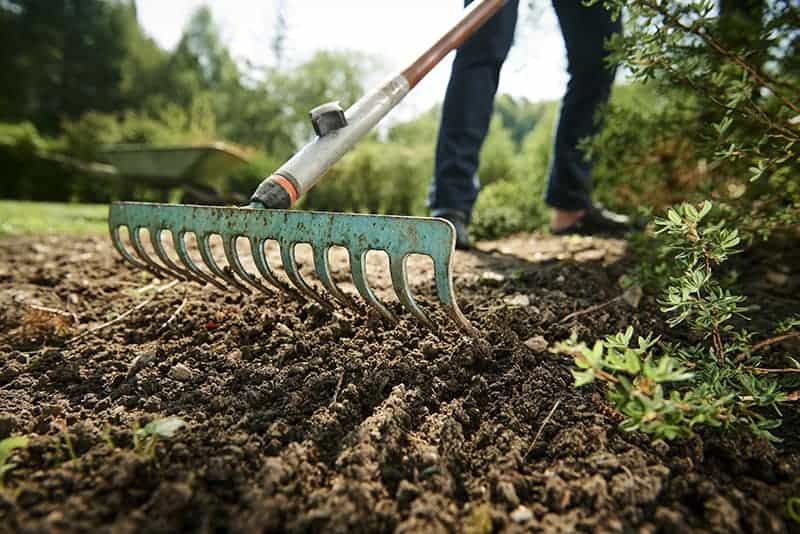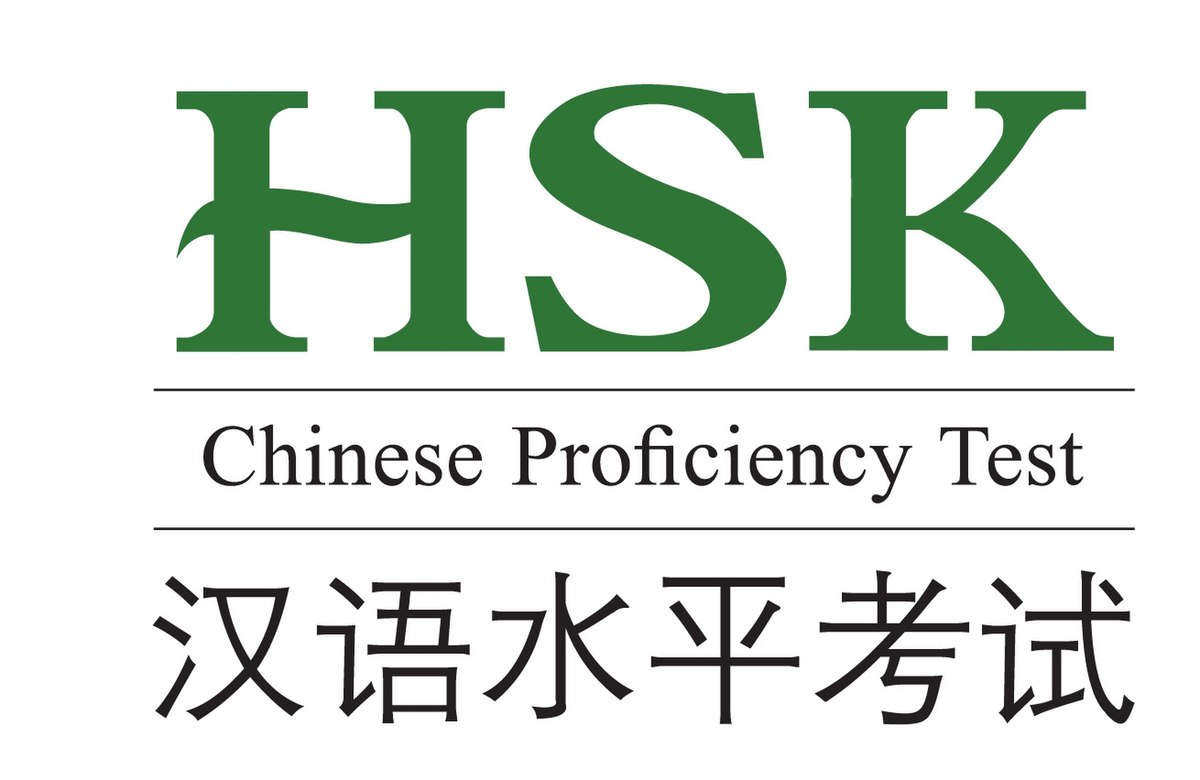Some language stuff
父亲这儿 fù qin zhè er – 父亲, as we know, means “father”, and “这儿” usually means “here”. But this phrase does not mean “father is here”. In this case, 这儿 is colloquial Chinese meaning “place”. So, 父亲这儿 means “father’s place” – most often, “place” refers to someone’s house, but it can also mean “hometown”, or simply “where someone is”.
给我当个帮手 gěi wǒ dāng ge bāng shǒu – You can probably figure this one out for yourself if you break down the meaning of each character:
给 – Give
我 – me
当 – be / act as
个 – a
帮手 – helping hand
The difficulty here lies in the fact that both 给 and 当 are used simultaneously, since in English, we’d only either say “give me a helping hand”, or “be my helping hand”, not “give me be a helping hand”. But we can probably parse this a little better if we understand the definition of 给 not as “give”, but as “for”. In that case, the sentence becomes “be a helping hand for me”. And that makes more sense.
干活 gàn huó – Beginners usually first see the character 活 in the word 生活, “life”. But 活 in this case means “labor”. So 干活 is “to do labor”, usually labor done with the hands. It’s also sometimes used derogatorily to describe mindless busywork, as in “This isn’t a career, it’s just 干活.”
Finally, we’ve got two idioms at the very end. Those are:
恃才傲物 shì cái ào wù – To be conceited and contemptuous.
夜郎自大 yè láng zì dà – I’ve actually got a whole post on this idiom here, if you’d like to dig deeper, but in essence, it means “to think too highly of oneself”.
Want something easier?
Du Chinese has a big catalog of easy HSK 1 and HSK 2 texts for ultra-beginners. There are quite a few free practice lessons, but CRP readers get 10% off on paid accounts using the discount code CRP10.
有学问的儿子
上大学的儿子从城里回到农村,回到父亲这儿。
父亲说:“今天你和我一起去割草,你去拿草耙,给我当个帮手。”
可是儿子不愿干活,他说:“我学的是科学,乡下人的活我全都忘记了。草耙是什么样的东西?”
他刚刚走进院子,就一脚踩在草耙上,草耙的把儿一下子打在他的脑门上。这时他终于想起了什么是草耙。
做人不能忘本,更不能因为学了一点本事而恃才傲物,夜郎自大。




